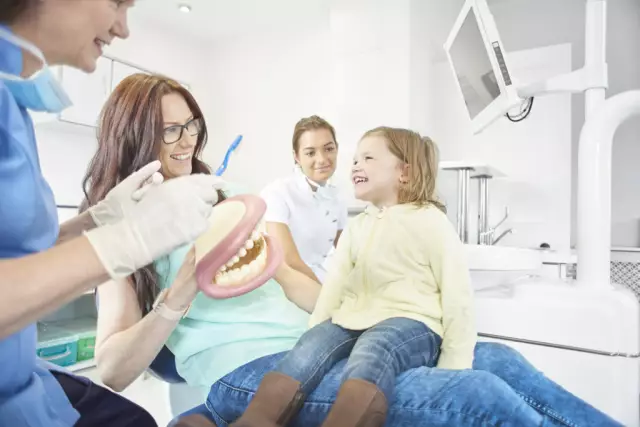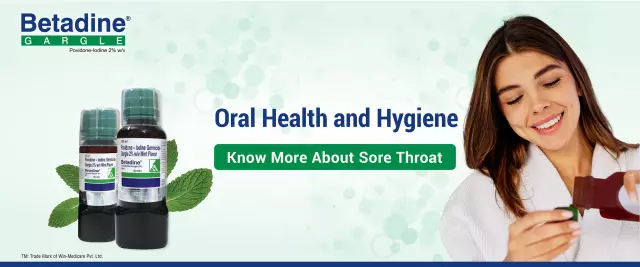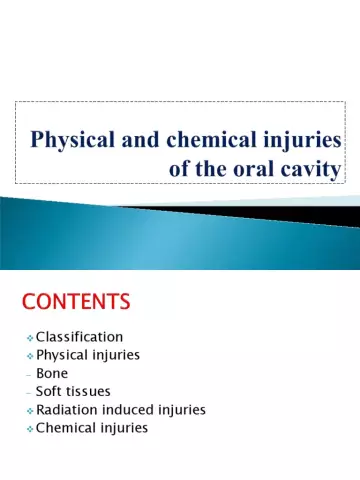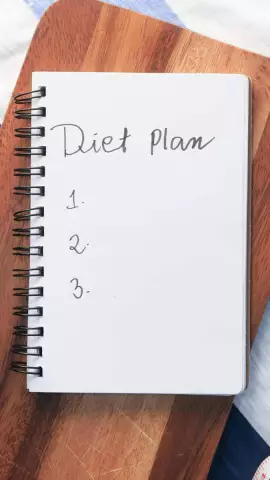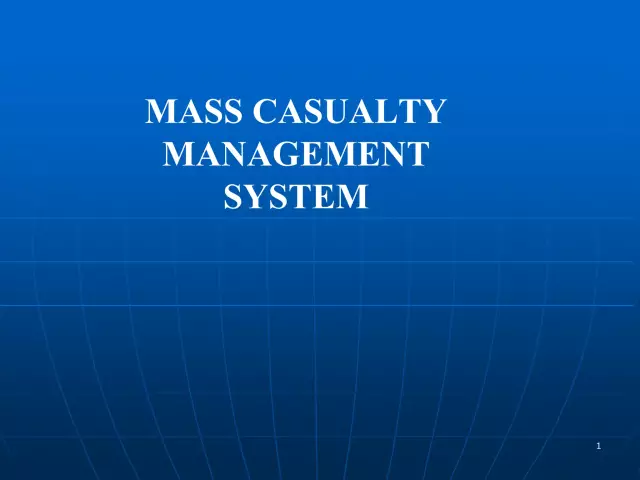- Author Rachel Wainwright wainwright@abchealthonline.com.
- Public 2023-12-15 07:39.
- Last modified 2025-11-02 20:14.
Oral hygiene
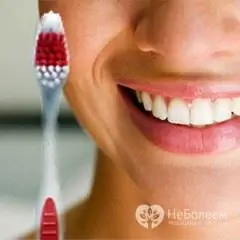
The importance of hygiene in the twenty-first century is no longer questioned. We begin to instill elementary rules of hygiene in children from an early age, when we teach the simplest self-care: wash your hands after a walk, wash your face, wake up in the morning, brush your teeth in the morning and in the evening. Oral hygiene is especially important, as the mouth is the gateway for infections that enter the respiratory tract, digestive tract, and even the skull. It is not for nothing that there is a powerful pharyngeal ring of lymph nodes that protect the body from infection that can penetrate this way.
However, the immune system will find it much more difficult to cope with its task if regular oral hygiene is not carried out. The more regularly a person takes care of the oral cavity, the less often he needs treatment at the dentist, and if you follow the chain, then doctors of other specialties - it's no secret that many diseases, even such dissimilar ones as sinusitis and gastroenteritis, can begin from - for damaged teeth.
For high-quality oral hygiene, you need: a timely updated, correctly selected toothbrush, toothpaste, and preventive examinations at the dentist at least twice a year. This is enough if you have healthy teeth. If there are problems with the teeth or with the oral mucosa (stomatitis, aphthae, gingivitis, etc.), then it is necessary to cure the disease, and then carefully care for the oral cavity in compliance with all the recommendations of the dentist.
In addition to basic care products such as toothbrush and toothpaste, there are also complementary oral hygiene products. These include sugar-free gum, dental elixirs, floss, or dental floss. These funds are not essential, but they can be of great help in a specific situation, for example, if you are unable to brush your teeth, you can occasionally do with chewing gum. If there are dentures or braces in the oral cavity, it is convenient to use irrigators - special devices in which a stream of water is supplied under pressure, washing out stuck food pieces from the mechanisms. Floss may be needed when plaque or food accumulates in the interdental spaces and it is difficult to remove it with a toothbrush.
It should be remembered that oral care products also need hygiene, otherwise, instead of performing their function, they themselves become a breeding ground for infection. Brushes and irrigators must be individual, they must be washed after each use and before it, the toothbrush must be changed every three months, and the floss must be disposable.
Found a mistake in the text? Select it and press Ctrl + Enter.

